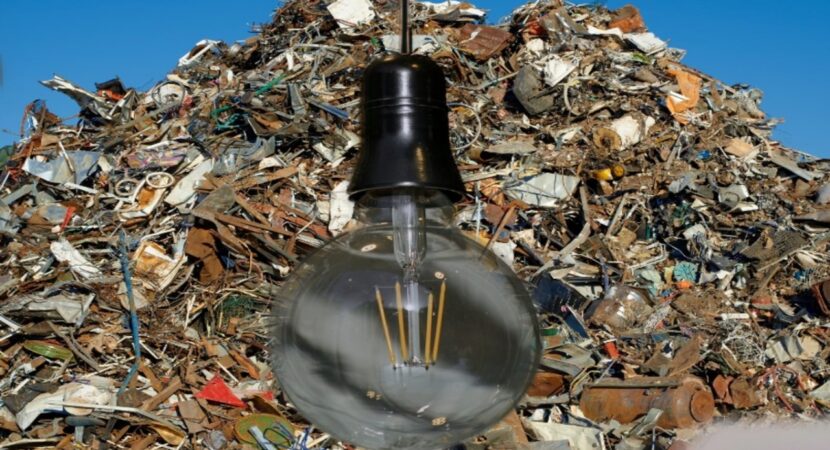
Technology that transforms waste into electricity has been used for 50 years in Europe and Asia, but it is still new in Brazil.
Survey carried out by the Brazilian Association of Waste Energy Recovery points out that urban waste produced by the 28 metropolitan regions of Brazil with more than 1 million inhabitants it is possible to generate electricity for 27 million homes in the country and supply an average of 100 million people and potential to receive investments of more than R$ 79 billion
The study on the Brazilian potential to generate energy from waste was presented last week during the 3rd Waste Energy Recovery Forum, organized by ABREN and carried out by the FRG Mídias e Eventos Group.
First Energy Recovery Plant is under construction in São Paulo
According to Schmitke, president of ABREN, “energy recovery, a technology that transforms the non-recyclable fraction of waste into electricity, is a practice that has been used for about 50 years in Europe and Asia, for example, but it is still a novelty in Brazil . The first Energy Recovery Plant is under construction in Barueri (SP) and will certainly be the first of many”.
Rubens Aebi, vice-president of ABREN, also spoke during the event and highlighted the benefits of energy recovery. “This technology contributes directly to two essential sectors for Brazil: basic sanitation and electricity. In addition, it also generates gains for public health, as the garbage that would be sent to a dump or illegal sanitary landfills now has an environmentally correct destination.”
Fuel Derived from Residues, or RDF, is another form of energy recovery and this topic had a specific panel to assess the challenges and opportunities of this technology in Brazil.
According to the study, the country has 38 factories with an environmental license to use fuel derived from waste, but replaces only 31% of fossil fuel with CDR, a rate that is much higher in European countries.
For Francisco Leme, vice-president of ABREN's Deliberative Council and specialist in CDR, "Brazil has great potential to expand the generation and use of fuel derived from waste, which would bring benefits such as job creation, attraction of investments reduction of greenhouse gas emissions and preservation of natural resources”.
The 3rd Waste Energy Recovery Forum, held in person in São Paulo and simultaneously transmitted online, was attended by authorities, such as representatives of the Ministry of Mines (MME) and Energy and the National Agency for Water and Basic Sanitation (ANA ), from large companies as well as specialists in the sector.
“A study carried out by NASA using more modern technologies, such as planes and drones, created a new methodology to measure methane emissions and the result is very worrying: landfill emissions are 250% higher than official data released in relation to to the methane emissions inventory”, highlighted Gerson Sampaio, CEO of Teknergia.
New Energy Auctions A-5 and A-6, will have a category destined exclusively to the generation of energy from garbage, or urban solid waste (RSU)
In addition to URE Barueri, contracted in 2021 and expected to operate in 2025, the A-5 and A-6 New Energy Auctions, scheduled to take place on September 16 of this year, will have a category exclusively destined to the generation of energy from garbage, or urban solid waste (MSW). In it, there are 10 projects registered in the A-5 Auction, totaling 180 MW, and 9 projects registered in the A-6 Auction, with a total of 176 MW. In all, there are 19 MSW projects and 356 MW – enough to supply around 1,2 million homes.
The 3rd edition of the Waste Energy Recovery Forum had more than 550 participants, both in person and online, and was held at Novotel São Paulo Jaraguá Conventions. The event was supported by the Waste Energy Recovery Coalition, a movement comprising ABREN, WtERT Brasil, ABIMAQ, ABEMI, ABGD, ABERH, ANIP, ABEAMA, COGEN, CervBrasil, CONATREC, Coopercaps, SOBRATEMA and SINDESAM.
According to Tiago Fraga, CEO of the FRG Mídias e Eventos Group, “holding the event, in partnership with ABREN, is part of the project 'Smart Cities Brazil', by the FRG Group, which focuses on themes related to smart cities and the correct disposal of waste, including the energy recovery of waste. The event was a success in all aspects, public, engagement and connected countries, and will certainly contribute for great business and partnerships to happen in this segment”.
Learn more about ABREN by accessing the website, LinkedIn, Facebook, Instagram e YouTube association.


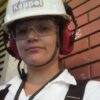
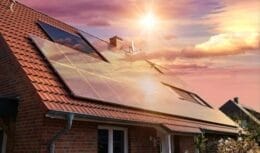
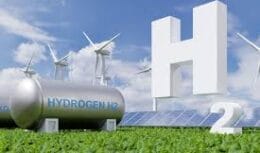
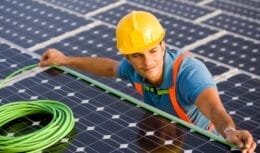
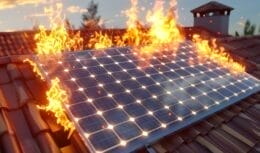
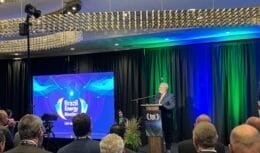
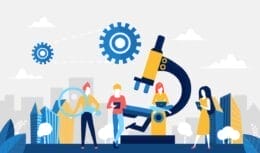

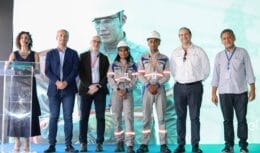
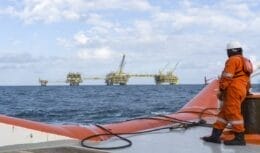
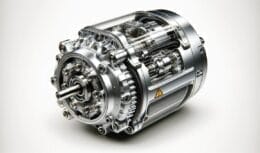
Nissan Versa 2024: a choice…
Toyota is setting up the biggest…
While the Brazilian army decided…
For the first time in America…
Rival car manufacturer…
Unfortunately, if it arrives in Brazil, it will come…
Your calculation is correct, except for the part…
I'm interested, but do I need to know prices?
Will there not be a common flex?…
Who is largely responsible for the production…
I want to train as an analysis technician…
Volkswagen as always. It seems like the last one…
I would like to know more about WRV…